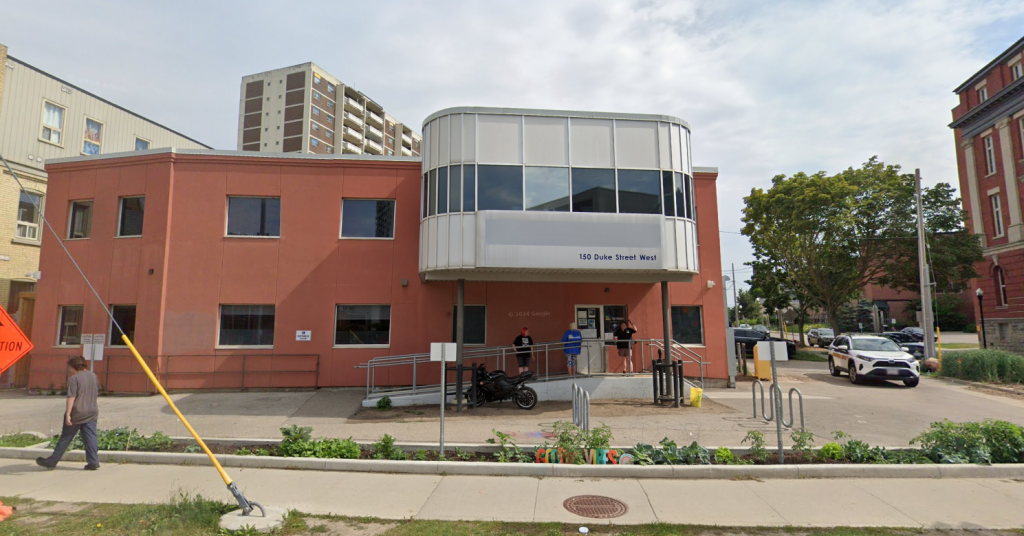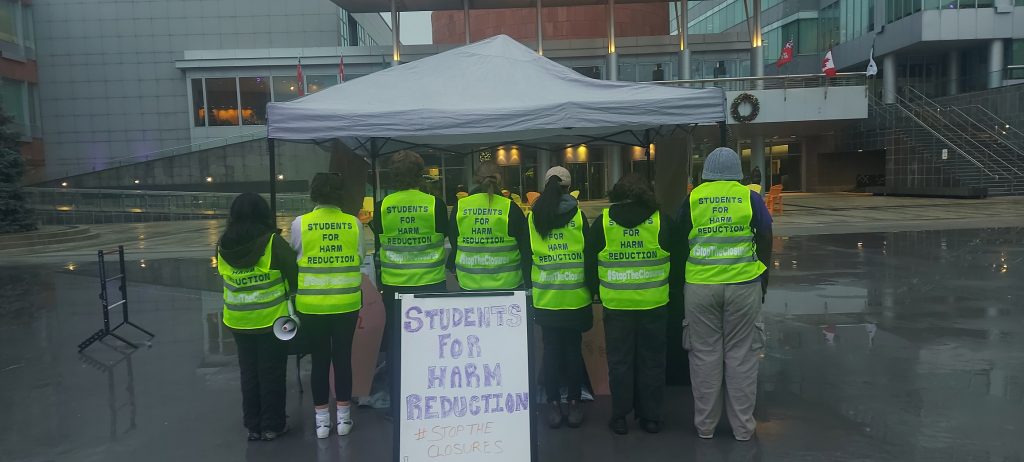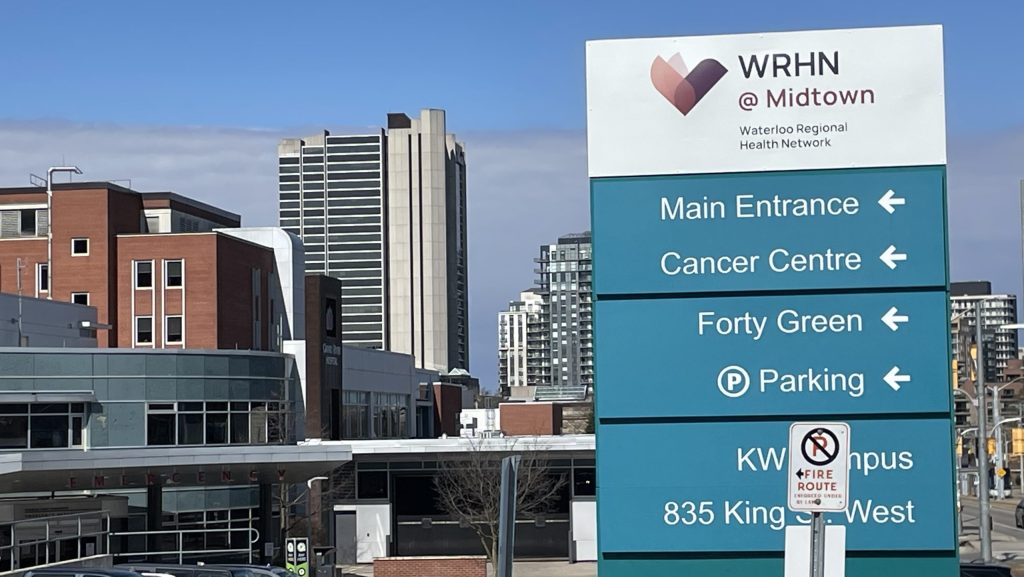‘A tragic failure’: Waterloo Region prepares to lose its CTS site

Posted Dec 4, 2024 07:49:00 AM.
Last Updated Dec 4, 2024 12:09:56 PM.
Following the Ontario government’s recent passing of Bill 223, 10 different Consumption and Treatment Services (CTS) sites are officially set to close across the province, including the location in downtown Kitchener.
The decision has been met with plenty of contention throughout Waterloo Region, with various residents, officials, and organizations voicing their displeasure.
“Effective April Fool’s Day, the province plans to shut down the local CTS site, and, shortly thereafter, the community expects that people will begin to die,” Michael Parkinson, Drug Strategy Specialist and Volunteer with the Waterloo Region Drug Action Team, said. “Members of the public can fully expect to see increased drug litter in their communities, more public substance use to be witnessed by children, youth, and adults, and quite possibly see people in medical distress from an overdose emergency.”
Much of the reasoning for the disapproval of the government’s decision is not just around the implications of closing the sites, but also with how the process unfurled through the legislature.
“We weren’t necessarily surprised that the bill passed. I think what was more concerning was that the way that they went about passing the bill, it really kind of flies in the face of the democratic process,” said Director of Fundraising and Communications with Sanguen Health Centre, Julie Kalbfleisch. “There wasn’t a lot of opportunity for debate and it was an unrecorded voice vote, so there wasn’t as much accountability for the elected officials. It really results in what will be a tragic failure to folks who are most vulnerable in our community.”
The bill was expedited through the legislative process, avoiding different avenues of debate and further voting. It continues the further push by Doug Ford’s Conservative government to advocate more for an abstinence approach to drug consumption, working to reinvest the funds into other avenues such as affordable housing.
“It’s a tragedy and offensive to the very notion of democratic participation from interested citizens, organizations, and others,” said Parkinson. “The government intentionally ignored internal advice provided to them by staff, legal counsel, and decades of independent evaluations, showing the high value of consumption and treatment service sites.”
Over the past few weeks and months, the potential closure of the CTS sites was fought through rallies and public pushback in the province and the region, with various entities pointing to the overall lack of support to close the locations.

“There is no visible support for defunding the CTS here in Kitchener-Waterloo,” said Parkinson. “Not from the Kitchener council, not from regional council, not from faith leaders, not from labour organizations, not from the daycare across the street, and on and on. It defies public service to have some area MPPs vote to support this bill when they know it is not supported by the evidence and the sentiments of community members across Waterloo Region.”
Kalbfleisch said there have been similar closures across Canada in the past, which can be used to predict what could be seen as a result of the bill being passed.
“When something similar happened out in Calgary, there was a tripling of the number of deaths in one year,” said Kalbfleisch. “There is some evidence ahead of what’s happened here that (shows) this is a very bad idea.”
One of the major pushes against the bill, before it was ultimately approved, was a further lack of secondary options for those who are battling with drug consumption. Parkinson said the CTS sites were vital in giving those individuals a safe space.
“There are little to no options available for people who are accessing the CTS site currently. The hard hubs, if and when they materialize, are very different. They are no substitute for a CTS,” said Parkinson.
The potential of site closures has been present since August, as Kalbfleisch said it has been a scenario that Sanguen has been strategizing around for months.
“It would be our advice to members of the public to continue calling you MPPs, and to continue joining in those volunteer efforts because really, at the end of the day, there are no adults in charge of drug-related issues.”
“We have been working in tandem towards a plan without a CTS or the continuation of a CTS. Now that we know the bill has passed, the CTS will be closing at the end of March, our focus will be on how we prevent as many deaths as possible.”
Both Parkinson and Kalbfleisch argued the closure will be detrimental to the survival of those suffering from drug consumption, creating added stress and secondary impacts for their families and friends as well. They said the fight for the current and future CTS sites will continue.
“The Drug Action Team is not done fighting for the right to life, liberty, and security of person,” said Parkinson. “It would be our advice to members of the public to continue calling you MPPs, and to continue joining in those volunteer efforts because really, at the end of the day, there are no adults in charge of drug-related issues.”








